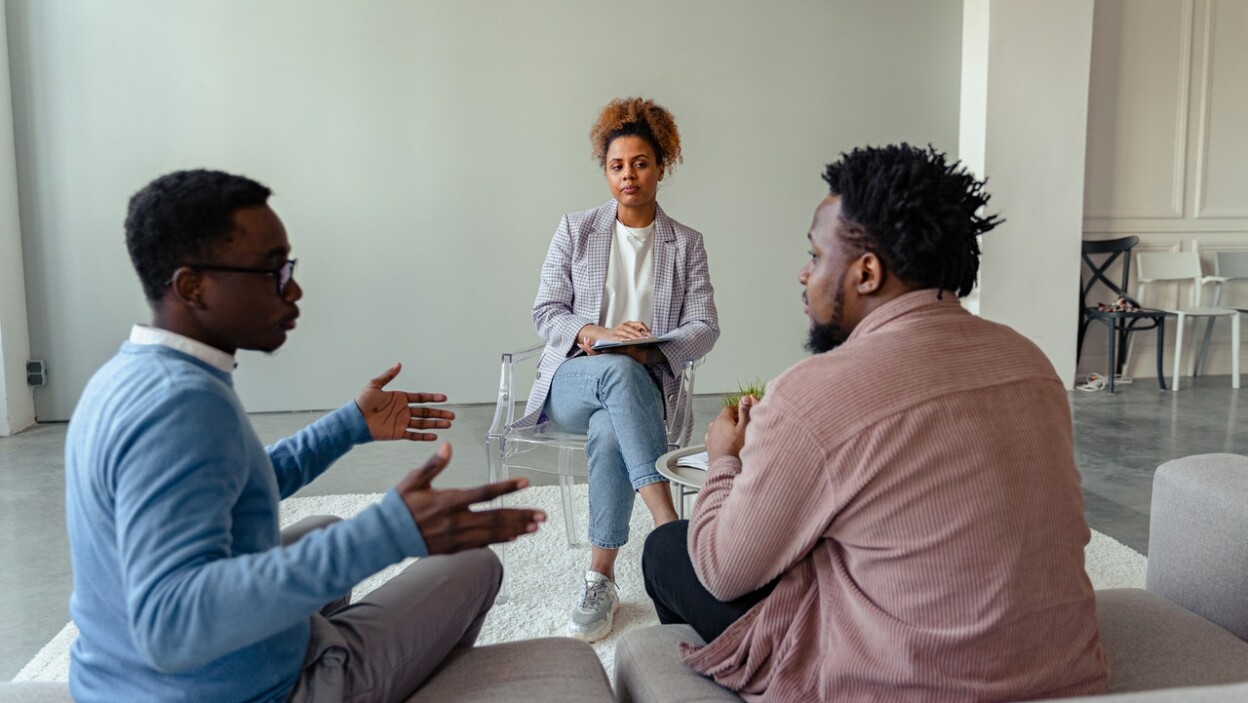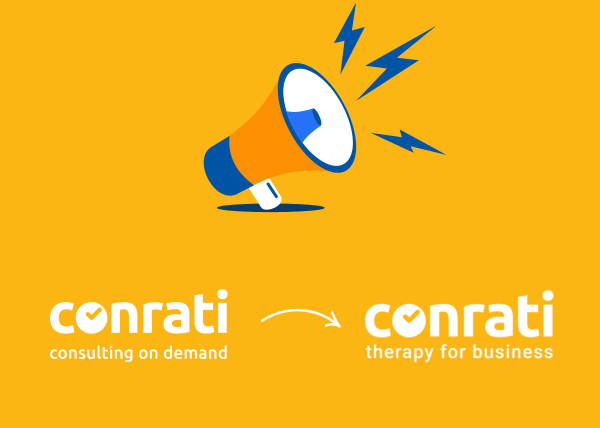Couples should be advised to contact a therapist in times of distress. Navigating the ups and downs of modern life together with the ebbs and flows of a relationship can lead to a breakdown in communication, support, intimacy and love amongst other things.
Why we need help and guidance
We are currently experiencing a mental health crisis globally, with a high demand for qualified professional help. Finding help as a couple can take time and effort with a shortfall in availability.
Therapists who work with couples may not have undertaken any specialised training per se. Qualified couples therapists may have a variety of degrees or licenses however, a very important aspect is their experience in working with couples in distress, not just their degree.

Take your time
Just like meeting your soulmate took time and effort, so does finding the perfect partner to facilitate your relationship. It also took meeting a few wrong mates before you found the right one for you, this is no different when finding a therapist.
The process should be given time, patience and consideration. You may meet with one or two or more therapists and simply not gel with them, let that go and move on, keep searching until it feels right. Do not be too eager to force the journey of therapy based on your internal needs. If you find the right therapist for you then the journey to healing and happiness will be far more successful if not swifter too.
If you know your relationship needs help, GET IT! Do not ‘take your time’ to start searching for this help. Do it sooner rather than later before it feels like there is nothing left of the relationship to salvage. Once you start the process you can rest easier knowing that help will come in time. Do not let this message of ‘take your time’ affect your decision to start as soon as you feel your relationship may be in trouble or even if it simply feels troubling, to you.

Ask questions
Your first form of communication with a potential therapist could be via phone call, email, free first-time consultation or via video call. It helps speed up the selection process if you get right to the point and ask some valuable questions. The answers can help you narrow down your search to the therapist/s you will go on to select.
Here are some questions you can ask during that initial interaction:
- What percentage of therapy sessions are devoted to working with couples?
- What specialised couples experience and training has the therapist gained?
- Why does the therapist choose to work with couples?
- What does the first therapy session look like?
The answers to these questions will give you some clues as to whether or not this therapist can help you. This can also help create a good basis for interaction with the therapist during sessions. The therapist will ask you questions and expect information from you, sometimes that is easier when you feel like the therapist has been willing to do the same for you.
Does it feel right?
During the first few sessions, the therapist should gather information about your relationship and begin to evaluate your dynamic. You should start to feel lighter talking openly about your feelings while getting a few pointers from your therapist on how to navigate your emotions.
A good couples counsellor will also exhibit some control over the session and identify the strengths and weaknesses of the relationship. They’ll start to outline what makes a successful relationship and give tangible actions to implement both during therapy and at home.
The right therapist should ask tough questions but also make you feel at ease to answer, openly. The session should allow you a safe space to be fully immersed in vulnerability and healing, if not fully in the first session but definitely more and more with each visit.

Evaluate the session
- Did the session have some sort of structure? Qualified therapists generally have particular things they hope to accomplish in the first session.
- Was the therapist active during the session? A couples therapist will interact with you, ask a number of questions, and gently guide the process rather than remain passive throughout.
- Did the counsellor make recommendations for changes or give you some ideas to handle things differently? Trained couples therapists are familiar with research on relationship tools and can make helpful suggestions to change behaviours.
- Was the counsellor on the side of the relationship? While a therapist may sometimes spend time focusing on one partner or the other, their primary goal should be to help the relationship as a whole.
Simply put, get help when you feel you may need it and start this journey by making sure you find the right therapist to guide you.
Browse through online therapists on Conrati to find your perfect match.









2 Replies to Finding qualified, quality help for your relationship
Why your child should have a tutor
Mentorship for the Mentee
A walk through mentoring
Conrati nominated as a Top Environmental Consulting Company by Futurology
How to boost 8 different forms of health
Conrati nominated as a Top Environmental Consulting Company by Futurology
How social media affects mental health
Understanding Bipolar Disorder